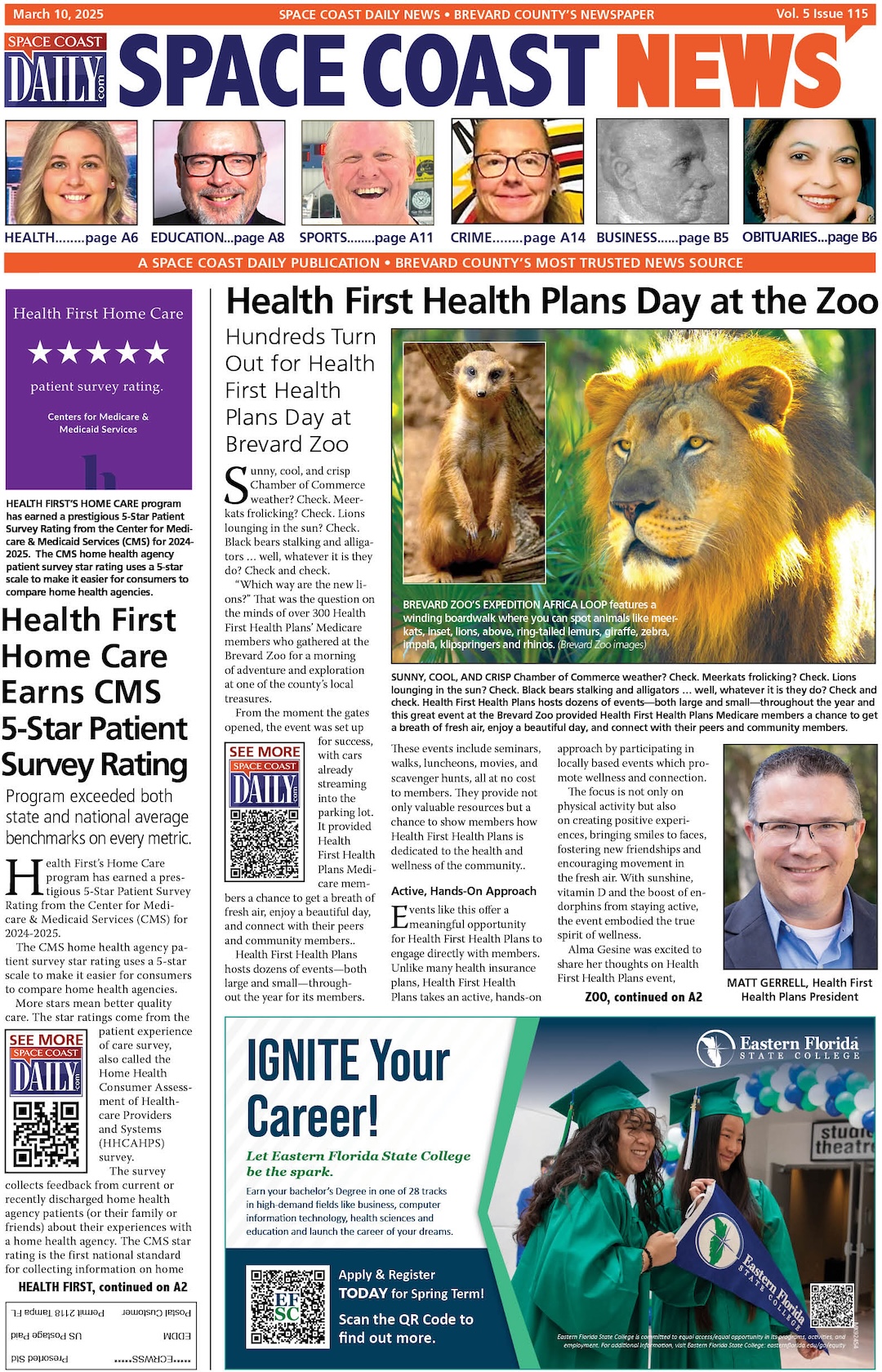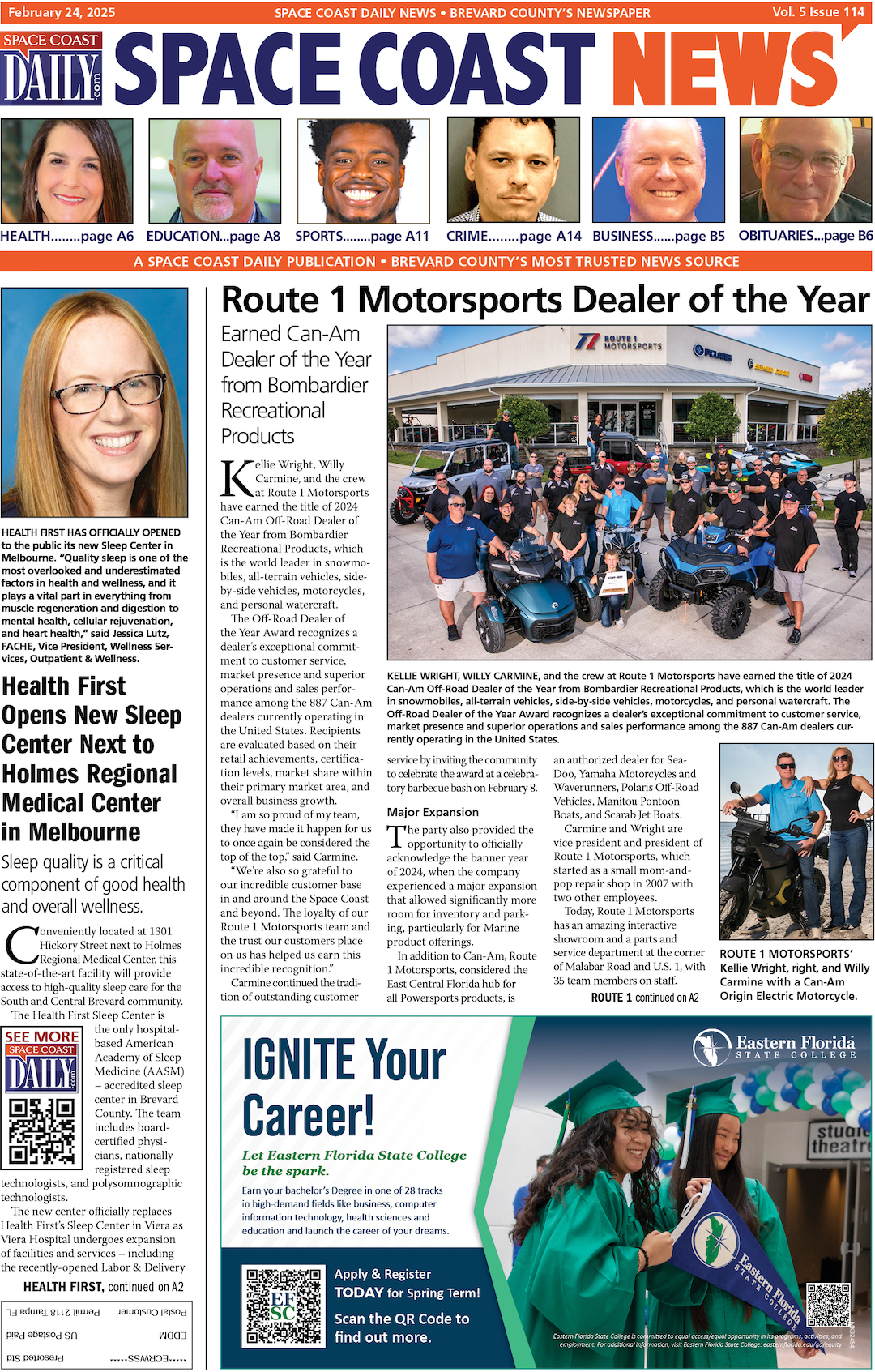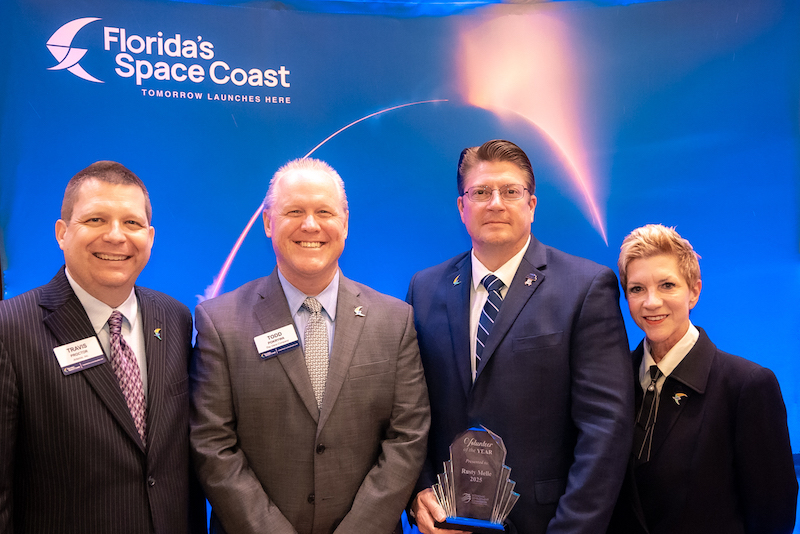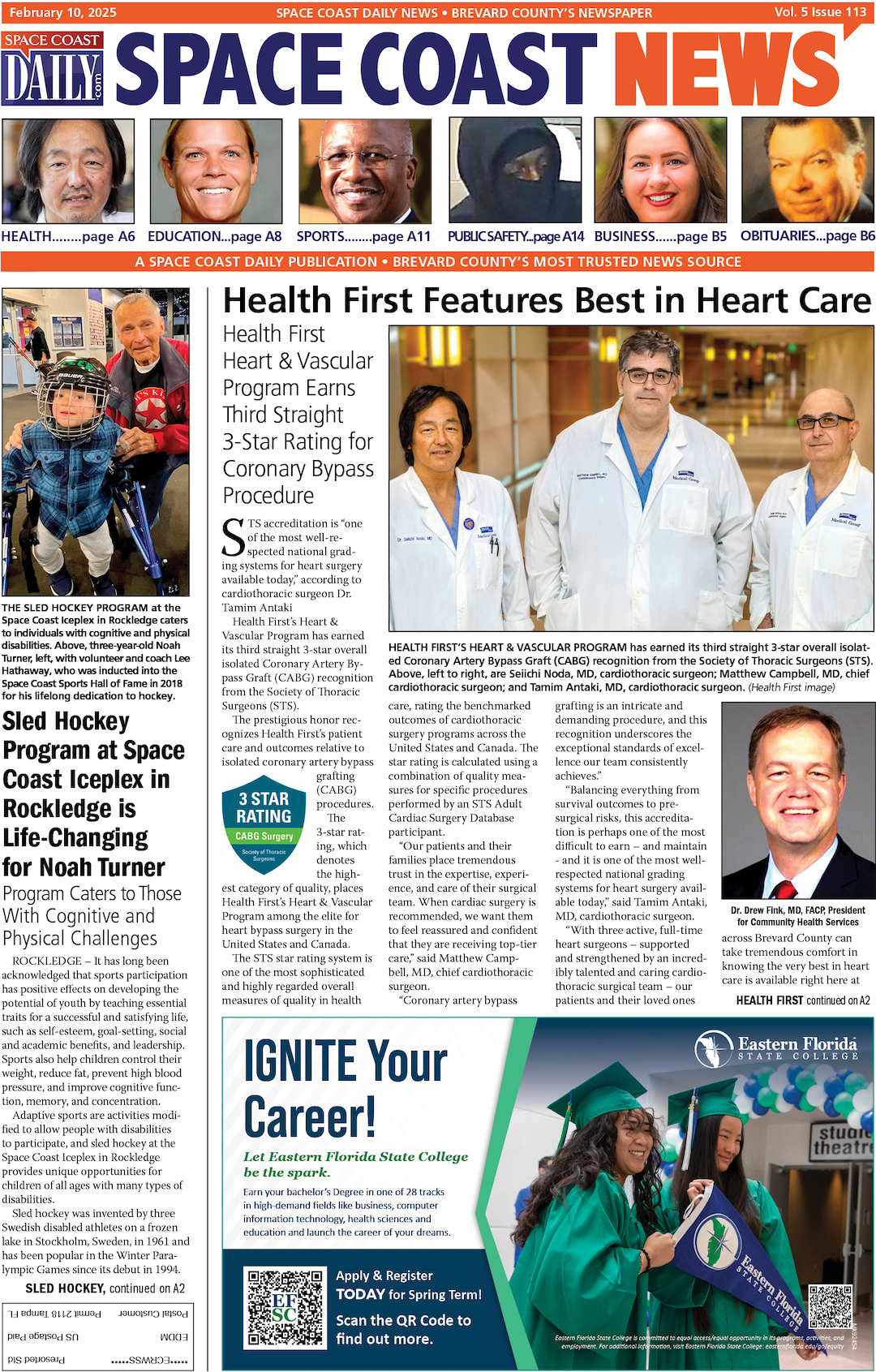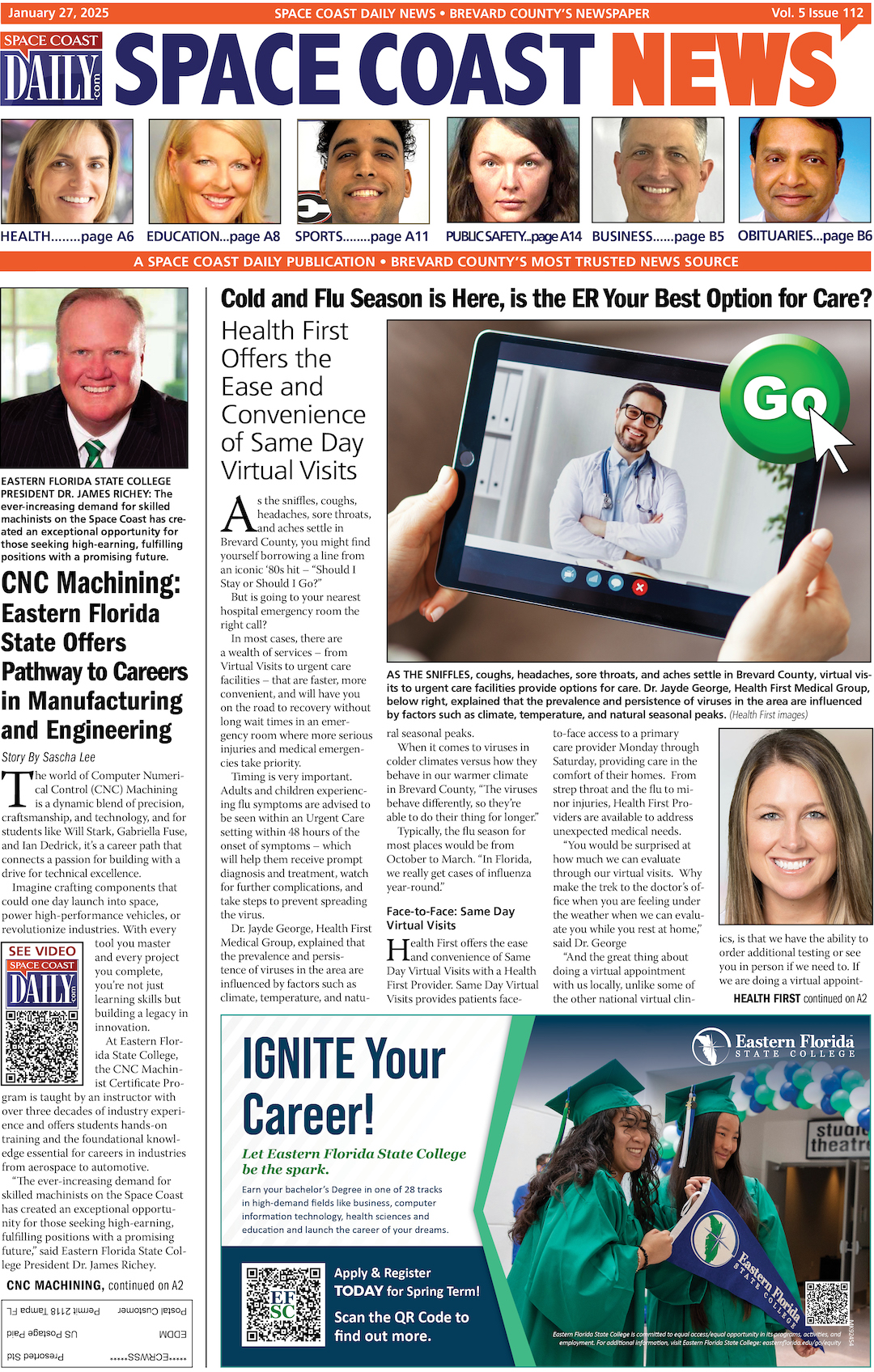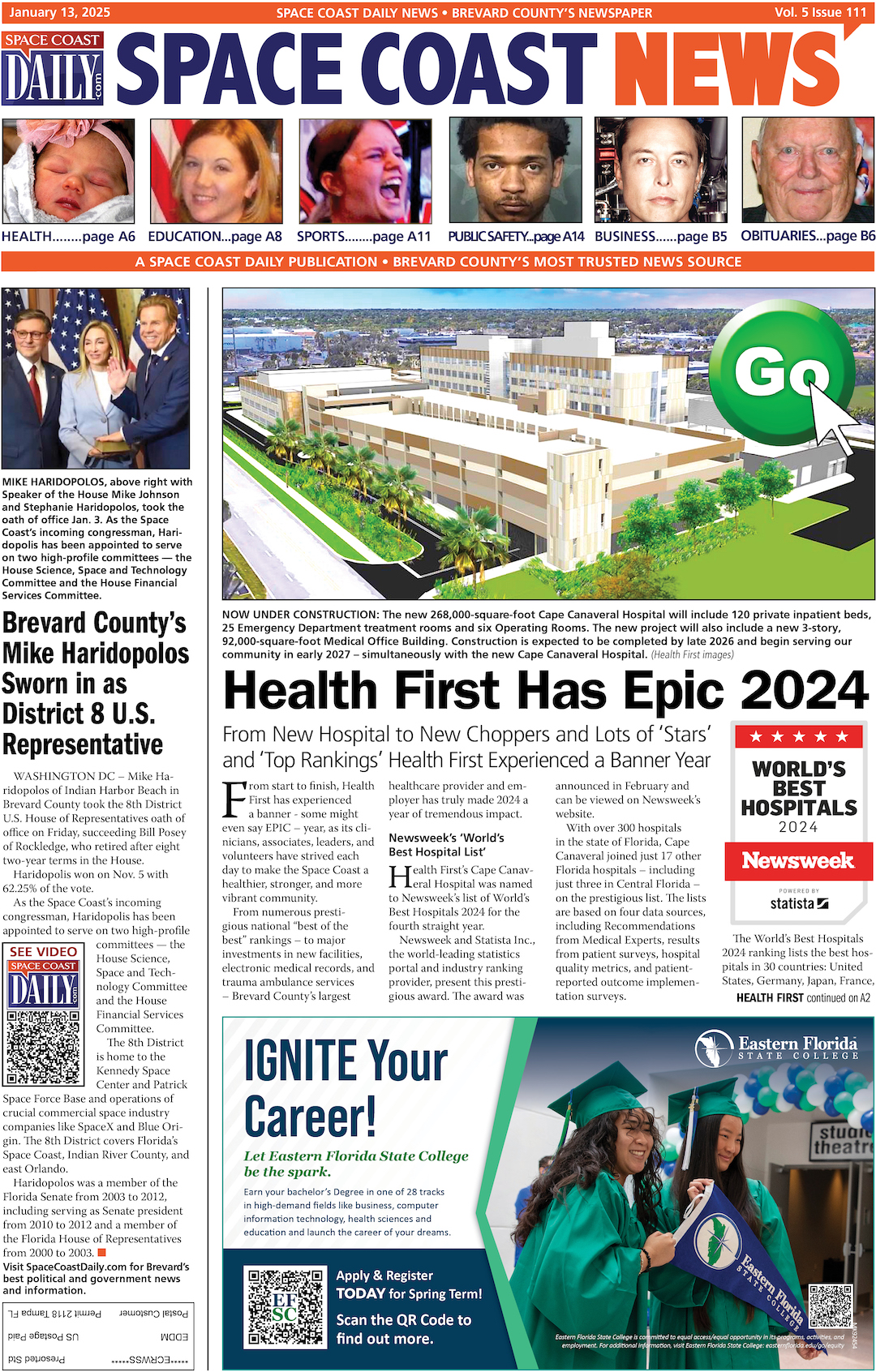How to Attend a Conference in Canada from the USA?
By Space Coast Daily // February 9, 2025
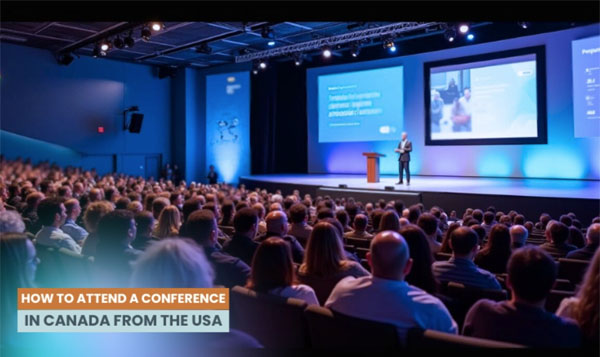
You can learn, network, and explore a new environment by attending a conference in Canada. The country offers diverse conference venues, from large cities to small towns. However, crossing borders requires a bit of preparation to ensure a smooth experience.
If you’re wondering how to attend a conference in Canada from the USA, start by researching the event details and registering early. Make sure your passport is valid, and check if you need a visa or an Electronic Travel Authorization (eTA). Plan your accommodations, book your travel, and gather any required documents. Follow Canadian regulations to avoid surprises.
Read on for a detailed step-by-step guide to make your trip seamless.
How to Attend a Conference in Canada from the USA: Step-by-Step Guide
The opportunity to attend a conference in Canada is an excellent way to meet professionals, gain new insights, and experience the culture of a neighboring country. While the process involves some preparation, it’s simple to move forward under the right guidance. Here’s a step-by-step guide to help you plan a smooth and stress-free trip.
Step 1: Research and Register for the Conference
Learn more about the conference’s schedule, purpose, and speakers on its official website. For an upcoming conference in Canada, you should register early to secure your spot and receive necessary event codes or invitations. Familiarizing yourself with the agenda will help you plan your trip efficiently. Be sure to confirm your registration and save a copy of the confirmation for easy reference.
Step 2: Ensure Your Travel Documents Are Ready
Check that your passport is valid for at least six months beyond your travel date. U.S. citizens generally don’t need a visa for short visits, but may require an Electronic Travel Authorization (eTA) depending on their travel plans. Double-check these requirements to avoid delays. Having the right documents ensures hassle-free entry into Canada.
Step 3: Book Your Stay and Transportation
Reserve accommodations close to the conference venue to save time and energy. Depending on the city, book a hotel or other lodging option in advance to avoid last-minute price hikes. Arrange transportation between your hotel, airport, and conference venue for convenience. Whether it’s public transit, a car rental, or shuttles, planning will make your trip stress-free.
Step 4: Plan Your Travel Itinerary
Choose flights to a major Canadian city like Toronto, Vancouver, or Montreal for better connectivity. Once there, arrange local travel to your destination through rideshares, trains, or taxis. Budget time for immigration processing and customs when planning your arrival. A well-structured itinerary will keep your schedule on track.
Step 5: Gather All Necessary Materials
If the conference requires a visa, secure an invitation letter from the event organizers to include in your application. Compile supporting documents such as proof of funds, your travel itinerary, and conference registration confirmation. These documents will streamline the process and ensure you’re fully prepared.
Step 6: Familiarize Yourself with Canadian Regulations
Research customs rules to know what you can and cannot bring into Canada. Additionally, stay informed about any health and safety regulations, particularly if traveling during a pandemic. This knowledge will help you avoid unexpected issues at the border or during your stay.
Step 7: Final Follow-Ups Before Departure
A few days before traveling, confirm your conference registration, hotel booking, and flight details. Keep the contact information of the conference organizers handy in case you need assistance. These last-minute checks will help you feel confident and ready to go.

What Can You Expect From a Conference in Canada?
Canada offers a unique blend of professional opportunities and cultural experiences, making it an exciting destination for conferences. From world-class venues to engaging speakers, attendees are in for a rewarding experience. Here’s what you can look forward to when attending a conference in Canada:
- Diverse Networking Opportunities: Engage with professionals from various industries who bring global perspectives. Build valuable connections that can advance your career or business.
- Insightful Keynote Sessions: Gain knowledge from renowned speakers who are experts in their fields. Expect presentations packed with actionable insights and fresh ideas.
- State-of-the-Art Facilities: Conferences are often hosted in modern venues equipped with advanced technology. These spaces ensure comfort and an efficient event experience.
- Immersive Cultural Experiences: Enjoy local food, art, and traditions that reflect Canada’s rich cultural diversity. Many events incorporate activities to explore the host city.
- Hands-On Workshops and Panels: Participate in interactive sessions designed to deepen your knowledge. These activities allow you to apply concepts to real-world challenges.
- Access to Cutting-Edge Trends: Discover the latest innovations and trends in your industry. Canadian conferences often showcase future-forward ideas and solutions.
- Supportive Event Organizers: Well-organized events ensure smooth scheduling and hassle-free logistics. Friendly staff is readily available to assist with any needs.
Do You Need a Visa to Attend a Conference in Canada from the USA?
No, most U.S. citizens do not need a visa to attend a conference in Canada. However, an Electronic Travel Authorization (eTA) may be required for air travel. Determining your travel requirements depends on several factors, such as your citizenship, travel plans, and length of stay. Here are a few key things to consider to ensure you’re prepared.
Citizenship and Visa Requirements
U.S. citizens with valid passports can usually enter Canada without a visa for short-term stays. However, those traveling by air might need an eTA. Travelers with dual citizenship or permanent residency status should verify their entry requirements. Checking your eligibility beforehand will prevent delays or issues at the border.
Purpose and Duration of Visit
If you’re attending a conference for a few days, no visa is typically required for U.S. citizens. Longer stays or other business activities may involve additional documentation. Always confirm your plans align with Canadian travel regulations for short-term visits. Preparing in advance will save time and avoid surprises.
Electronic Travel Authorization (eTA)
The eTA is an entry requirement for visa-exempt travelers flying to Canada. It’s simple to apply online and costs around $7 CAD. Ensure you have your passport, credit card, and email address ready for the application. Processing usually takes minutes, but apply early to avoid any delays.
Special Circumstances and Exceptions
Permanent residents or citizens of other countries may need a visa, even when traveling from the U.S. Specific travel conditions, such as work-related activities, could change requirements. If unsure, consult the Canadian government’s official immigration website for clarity. It’s always better to confirm your status well before traveling.
Tips for Traveling from the USA to Canada for a Conference
Traveling to Canada for a conference is an exciting opportunity, but proper planning ensures a smooth and enjoyable experience. From travel logistics to preparing essential documents, a little effort upfront can make all the difference. Here are some practical tips to help you prepare for your trip effectively.
Verify Your Travel Documents
Ensure your passport is valid for at least six months beyond your stay to avoid entry issues. Check whether you need an Electronic Travel Authorization (eTA) for air travel. Keep digital and physical copies of your passport and travel documents for emergencies. Being prepared ensures stress-free border crossing.
Understand Canadian Customs Regulations
Familiarize yourself with what items you can and cannot bring into Canada to avoid trouble at customs. Restrictions often include certain foods, plants, and expensive goods. Declare all items honestly to ensure a hassle-free inspection process. Knowing the rules will save time and reduce unnecessary delays.
Plan Your Transportation Options
Research transportation options, including airport shuttles, public transit, and car rentals, to navigate the conference city easily. Consider purchasing local transit passes if using public transport frequently. Pre-book airport pickups or rideshares to avoid last-minute stress. Having a transportation plan keeps you on schedule during your trip.
Pack Strategically for the Conference
Pack business attire, comfortable shoes, and any materials needed for presentations or networking sessions at the event. Check the weather forecast to include appropriate seasonal clothing, such as layers or a warm coat. Use a carry-on bag for essentials in case of luggage delays. A well-packed bag ensures comfort and professionalism throughout the event.
Stay Connected With Local Communication Options
Consider purchasing a local SIM card or international roaming plan to stay connected in Canada. Free Wi-Fi is available at most hotels and conference venues, but having cellular access helps in emergencies. Download essential apps, such as maps and ride-sharing services, before your trip. Reliable connectivity improves your overall travel experience.
Budget and Currency Planning
Bring a mix of cash and credit cards, ensuring they work internationally to avoid payment issues. Most Canadian businesses accept U.S. credit cards, but confirm any foreign transaction fees. Keep some Canadian dollars on hand for small purchases, tips, or emergencies. Planning your budget ensures smooth financial transactions during your trip.
Final Thoughts
When you are coming from the USA to participate in a conference in Canada, you can have a very rewarding experience, but you will need to prepare well so that everything goes smoothly. Accurately completing applications, such as for an eTA, is essential to avoid travel disruptions.
If a mistake occurs, promptly address it by contacting the appropriate authorities and providing the correct information. Errors in documentation can lead to delays or even denied entry, so double-checking every detail is crucial.
Knowing the process of how to attend a conference in Canada from the USA ensures a stress-free journey, allowing you to focus on networking, learning, and making the most of your experience.


